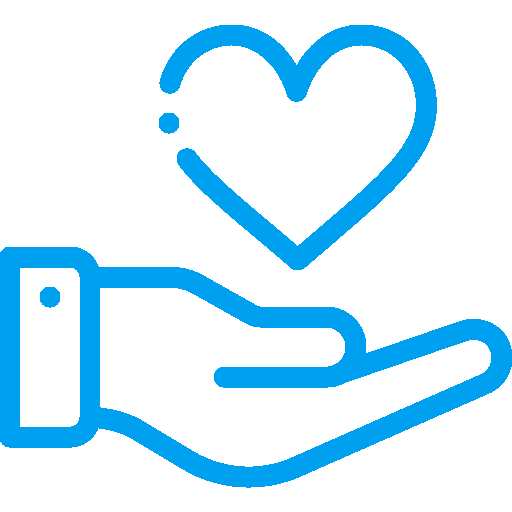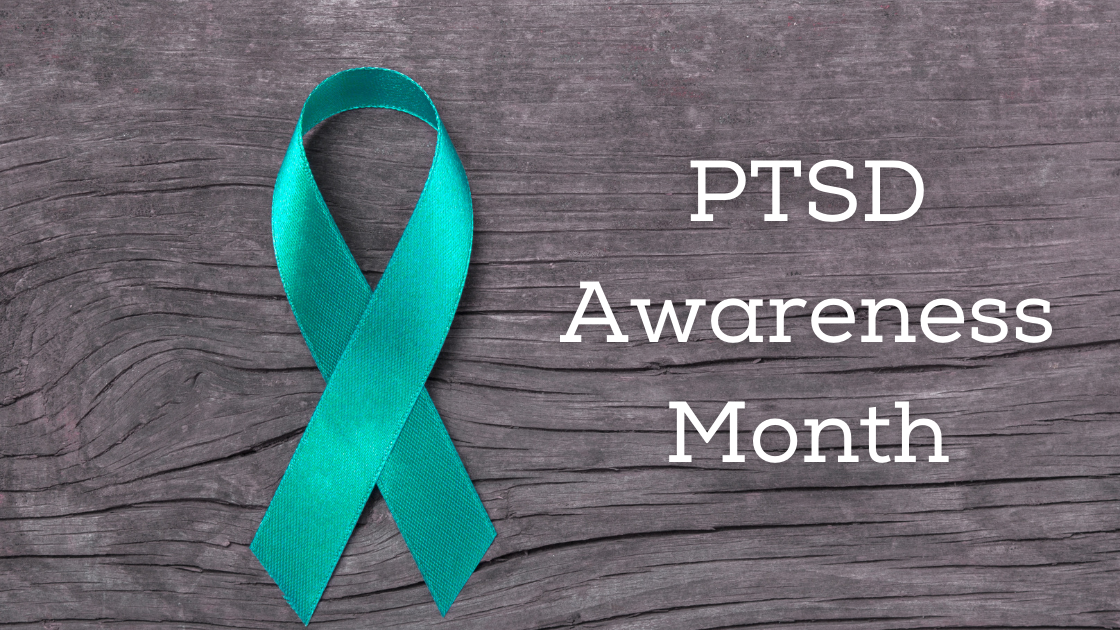June is PTSD Awareness Month and up to 8 million people in the United States will develop this mental health condition during their lifetime. Because this mental health condition is so prevalent in today’s society, it is important to understand just what it is, how it impacts an individual’s day-to-day-life, and how you can help someone cope with their symptoms.
What is PTSD?
PTSD is an anxiety disorder that develops following a frightening, stressful, or traumatic event. Symptoms of fear, helplessness, stress, and moodiness can be so intense that symptoms can interfere with an individual’s daily tasks, ultimately impacting one’s overall quality of life. PTSD is typically characterized as mild, moderate, or severe when diagnosed.
Who Can Develop PTSD?
According to recent data, 3.6% of adults in the United States had PTSD in the past year, and women are more likely to develop this condition than men. When thinking of PTSD, war veterans come to mind for many, but it is important to note that anyone can develop PTSD in their lifetime, and a qualifying event for PTSD can vary greatly. An individual may develop PTSD following a car accident, sexual assault, natural disaster, abusive relationship, or terrorist attack, to name just a few examples.
PTSD Triggers
A PTSD trigger is described as something that reminds an individual of the traumatic event and can cause someone to experience intense PTSD symptoms suddenly. The triggers that exacerbate symptoms of the disorder can vary from person to person depending on the event that led to the initial diagnosis of PTSD. Triggers can be internal, external, or both. Thoughts, feelings, and memories, and nightmares are internal triggers that can bring on severe PTSD symptoms. Some external triggers include noises, places, or physical pain. For example, fireworks can serve as an intense trigger for those who have experienced war or acts of terror due to the loud, startling noise and bright, flashing lights.
How You Can Help
Although triggers vary from person to person and can be difficult to prevent or avoid in certain situations, awareness can help those living with a mental health condition feel less alone. You may be looking forward to celebrating the upcoming Fourth of July fireworks, while many people living with PTSD from war or terror may see the bright lights, unpredictable explosions, and loud noises as triggers to traumatic events. Education surrounding mental illness is critical – it is important to be mindful that many people around you may be dealing with an invisible illness like PTSD, and remember that kindness, understanding, and compassion can go a long way.

Join a PTSD Clinical Trial with BTC of New Bedford
If you or someone you know is living with symptoms of PTSD, consider a clinical trial with BTC of New Bedford. You may be eligible to receive treatment at no cost to you and contribute to medical research!

